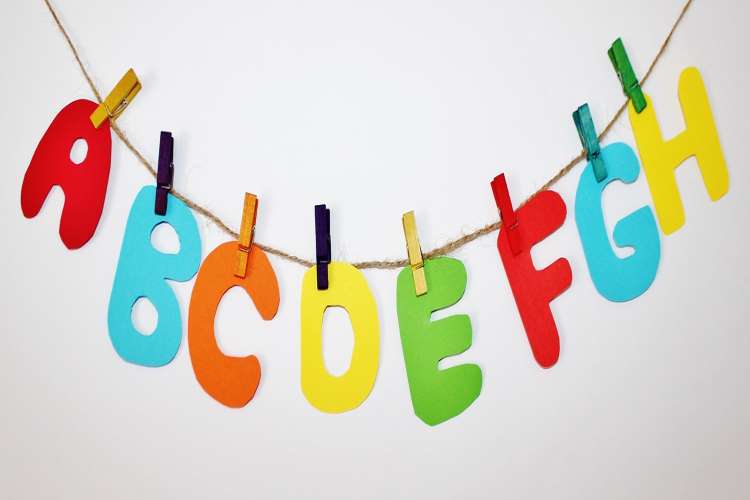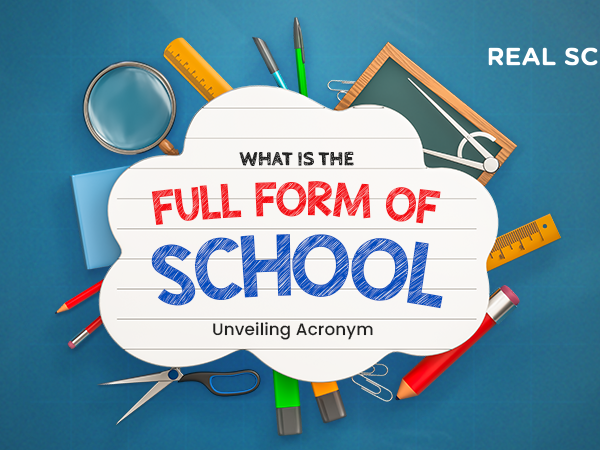What are Rhyming Words?
Rhyming words are two or more words that have the same or comparable finishing sound.
A few illustrations of rhyming words are rain, pain, train, first, thirst. When you’re figuring out if two words rhyme, utilize your ears to tune in as you say the words. If they sound the same or comparable, they rhyme.
For the case of pig and big rhyme, fat and mat rhyme. In case the two words sound different, they don’t rhyme. For illustration, pig and mug don’t rhyme, clay and fat don’t rhyme.
Say the words within the chart out boisterous and hone tuning in to words that rhyme and words that don’t rhyme.
How can You Teach Rhyming Words to Your Kids?
Rhyming the Books
Read rhyming books to your child. If conceivable, attempt to have perusing time at slightest once a day. As continuously, perusing time ought to be a fun and pleasant time for both of you, and it makes a difference to construct perusing action into a portion of a schedule.
Perusing some time recently, sleep time may be a great way to present the action into your child’s day.
Teaching Nursery Rhymes
Teach your child nursery rhymes. Nursery rhyme books are an amazing path to commence instructing your child this early phonological mindfulness expertise.
Reiteration
On the side kids, they adore reiteration. They appreciate perusing the same books over and over again. This redundancy is imperative in children’s learning preparation and ought to be energized. So when your child comes to the same books or asks you to browse over again, be prepared to guarantee that hearing materials, once more and once more, such gestures are sweet for them.
Fill within the Rhyme with works out After you’ve studied a rhyme several times, take off out the rhyming word and delay hopefully. Inquire your child about what word comes from another.
Hold up several seconds for a response. If your child answers accurately, strengthen them by saying, “that’s correct. For instance See, _____tin__ rhymes with _____pin___.” In case they don’t say the word, say it for them and inquire to say it back to you.You can say, “ see, ___lace___ rhymes with ___face____.” Make this preparation lively and pleasant. Inevitably, your child will start to expect the rhyming words and will fill them in.
Play Rhyming Recreations Together with Your Kids
Once your child can foresee rhyming words in her top pick rhyming books frequently, start playing rhyming diversions with her where you and she think of words that rhyme.
For illustration, inquire her to think of a word that rhymes with a word merely say. Begin with words she as of now knows from her rhyming books without really using the book amid this movement. For case, on the off chance that you’re perusing The cake within the bake, inquire them for a word that rhymes with the word cake.
After your child can distinguish and say rhyming words from their books without using the books, it is time to start presenting modern words for them to rhyme by making up unused rhymes. Tell them you’re reaching to say a word, which you’d like to think up words that rhyme or sound the same. Say the word “jug ” Your child will likely say “hug or mug.”
Then inquire for another word that sounds like “Dad”. Hold up for a response. If your child offers the proper word, say “that’s right. ______ rhymes with Dad and Glad.
In case if they don’t give a correct answer, try another word with similar rhyming like “Bad” to help them.
Also Read: List of Rhyming Words for Kids: Early Language Development
Rhyming Words for Kids
To begin with, let’s see at words that rhyme:
Bait/Trait
Sun / Pun
Quit / Sit
Bomb/tomb
Now, see how typically diverse from words that do not rhyme?
Bat/ troll
Monk/ truck
First/ third
Hate / Chin

Understanding the Rhyming Words
Introduction to Rhyme
This is when your child listens to rhyming words. This may be in tunes whereas perusing rhyming together, or somewhere else. At this organization, you ought to point out rhyming words to your child.
Acknowledgement of Rhyme
Once your child listens to a rhyme and focuses it out, they have come to the organization of rhyme recognition.
Generation of Rhyme
At last when your child will be able to deliver the rhyme themselves. Your kids will love to inquire questions from you, such as, ” Tell me what rhymes with the all? and even more like these.”
While this could appear like a little thing to you, to them it’s huge. Make beyond any doubt appear to them that you’re inspired with their newly-found information.
Rhyme for Kids
Make learning to rhyme fun by utilizing a few of these strategies. Sharing Rhyme In Books, Lyrics, And Songs Reading with your kids. Also, Rhyming books and sonnets and singing together will uncover your child to rhymes in a fun, unwinding way. Study the total storey or sing the complete melody, to begin with, and after that go back and point out the rhymes.
Then, when your child is mindful of the concept of rhyming, inquire them to point out the sets of rhyming words they listen to or read. Once your child is recognizable with rhymes, studied or sing, but don’t say the moment the rhyming word. Instep, inquire your child to supply a reasonable rhyme.
Also Read: What is Grammar for Kids? How to Teach Grammar to Your Children? In an Interesting Way?
Rhyming Words for Kids List
Words that Rhyme with “in”
Pin
Chin
Tin
Sin
Fin
Grin
Hin
Inn
Lin
Min
Skin
Spin
Thin
Yin
Twin
Win
Words that Rhyme with “an”
Ban
Can
Fan
Man
Pan
Ran
Tan
Van
Flan
Plan
Span
Scan
Words that Rhyme with “ab”
Cab
Dab
Drab
Fab
Flab
Grab
Jab
Nab
Lab
Slab
Tab
Crab
Words that Rhyme with “ad”
Add
Bad
Clad
Dad
Fad
Had
Lad
Mad
Pad
Rad
Sad
Words that Rhyme with “ag”
Bag
Flag
Drag
Gag
Hag
Nag
Rag
Sag
Tag
Wag
Words that Rhyme with “ip”
Ship
Chip
Clip
Dip
Drip
Flip
Grip
Hip
Kip
Lip
Nip
Pip
Rip
Sip
Slip
Skip
Snip
Tip
Trip
Zip
Also Read: Small Sentences in English for Kids: A Guide To Early Childhood Language Training
Conclusion
Rhyme is critical to rising education and learning to pursue since it instructs children almost the dialect. It too makes a difference children learn approximately word families such as let, met, pet, damp, and get.
It too educates children on the sound of the dialect. And other critical aptitudes incorporate phonological mindfulness, the capacity to take note and work with the sounds in dialect. It makes a difference with children with phonemic mindfulness, which is the information that phonemes are the littlest units of sounds that make up words. The mindfulness leads to perusing and composing success.
Rhyme too instructs children who are learning to study almost the designs and structures of both spoken and composed dialect. Tunes and rhymes uncover your child to the cadence of the dialect. This will offer assistance to those examined with a few activities in their voice rather than a fair monotone. Rhyme also plans children to create forecasts whereas learning words and gives them pivotal translating skills.
Being a parent you must take steps ahead of other guardians, to assist your child skills regularly in a way that will construct abilities and skills for them. This article might have given you a clear thought of what steps you can take to educate your kids about rhyming.
Hopefully, you found this article helpful. You can share your view with us by commenting in the below box.
Again, keep it fun and interesting!







